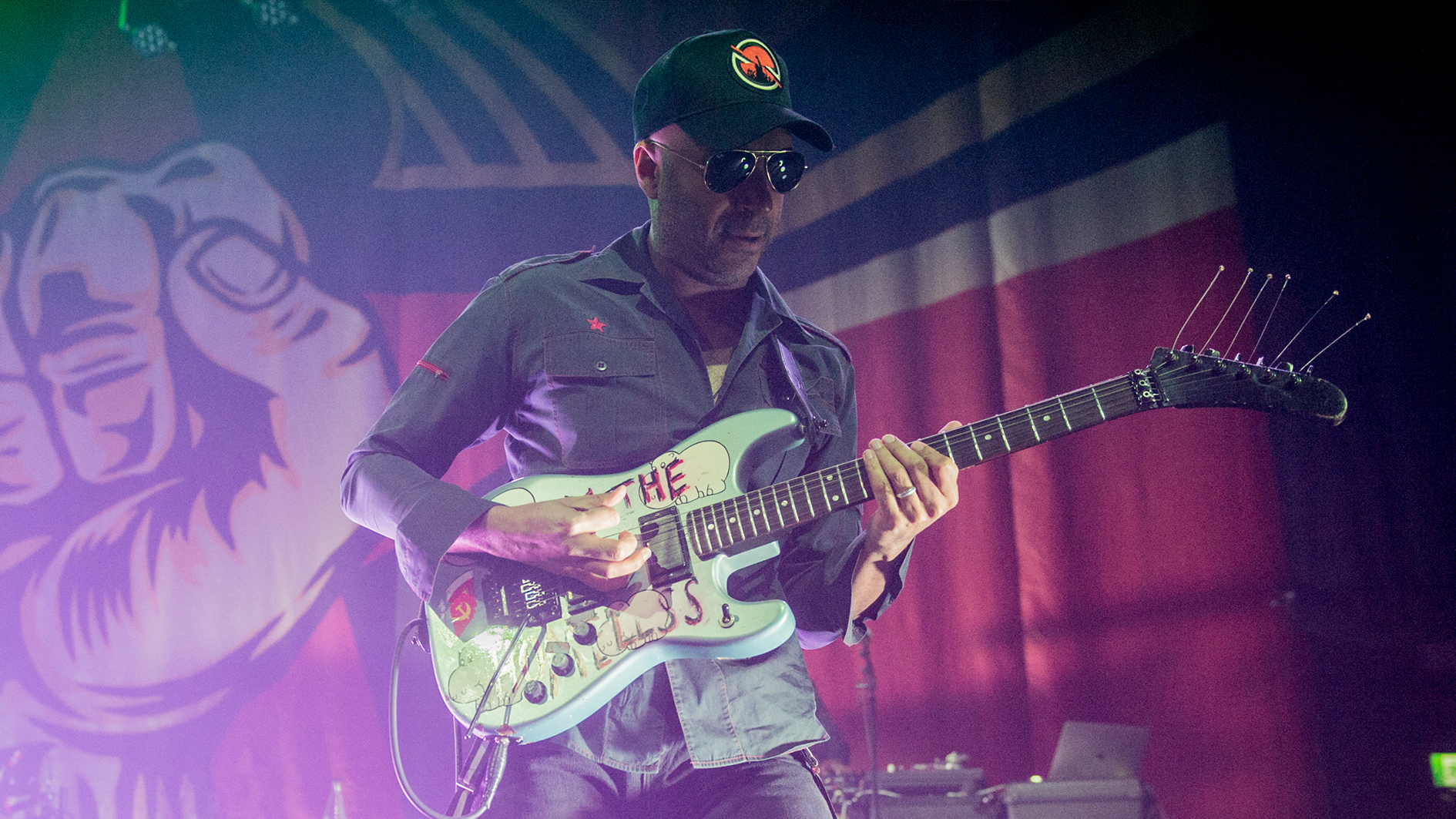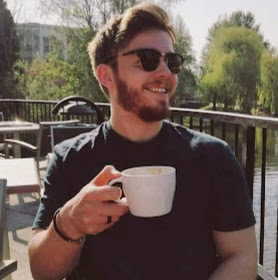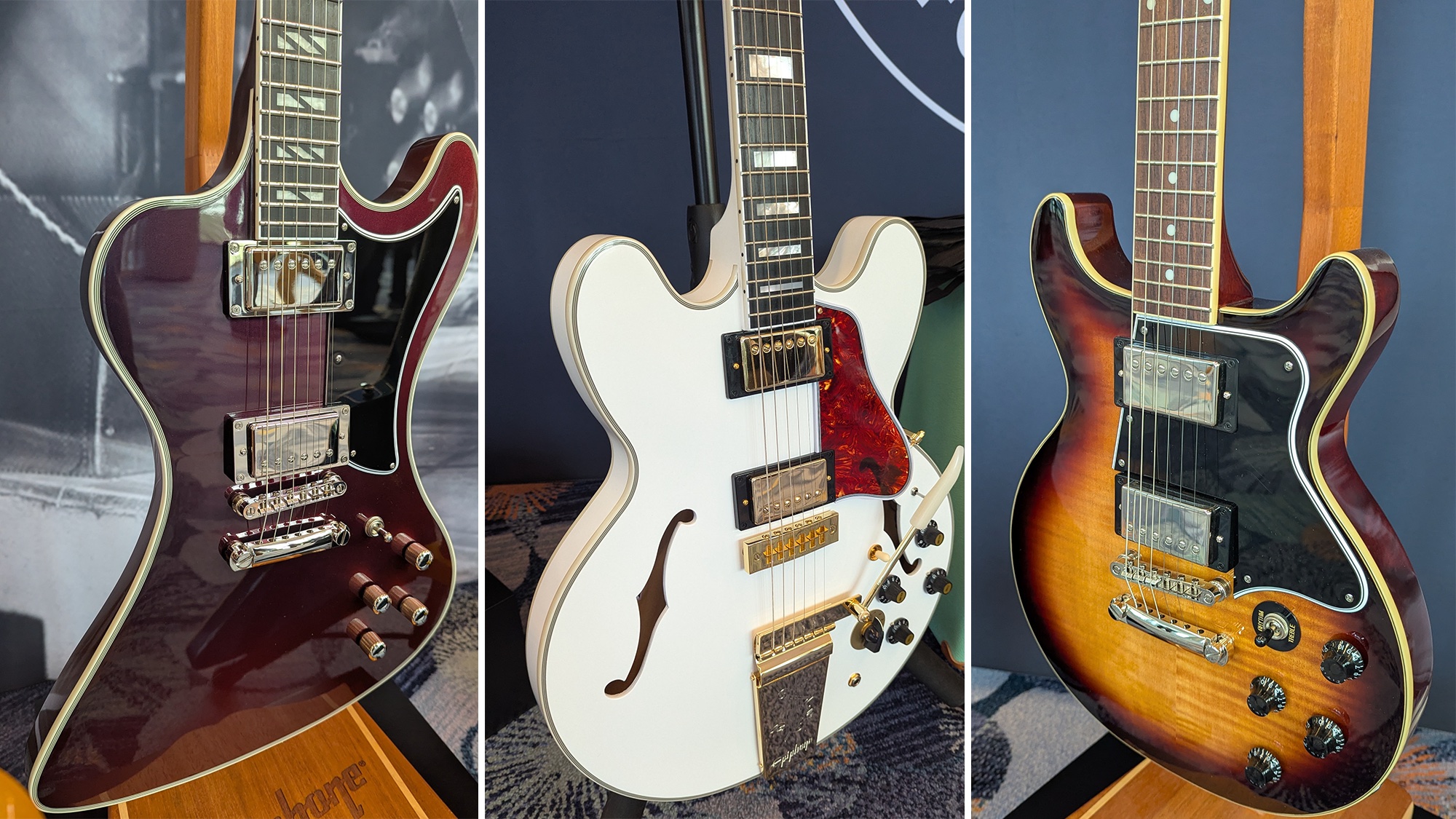
Tom Morello is one of the most successful and prolific electric guitar players in modern rock music, but he’s faced many challenges on his way to the top, particularly regarding racial bias and prejudice from some corners of the rock community, issues he details in-depth in a new interview.
“There’s a large subset of the audience that is shocked and upset when they hear me talk about self-identifying as Black,” he told NME. “They’re one step short of offended but I’m Kenyan, dude. I’m straight-up Africa Black.”
Morello is the son of a Kenyan father and an American mother.
“It’s not always a malicious prejudice,” he continues, “but there is that ingrained prejudice in the DNA of rock, despite the fact it was invented by Black people. I don’t know if things have [gotten] better over the last couple of years but there definitely used to be a firewall.”
Morello also details his struggle with being pigeonholed as a young Black guitarist in particular: “I used to publicly disavow Jimi Hendrix because every single gig I played as a young man, someone in the audience would yell, ‘Play Foxy Lady!’ or ‘Play with your teeth’.
“That was the assumption, because there was only one signpost for what a Black guitar player could be. I had to distance myself from that in order to be the guitarist I wanted to be. Thankfully, that’s no longer the case.”
Tom Morello is currently gearing up to release his new solo album, The Atlas Underground Fire. Thus far, three singles have been released: Highway to Hell – a cover of the AC/DC classic featuring Bruce Springsteen and Eddie Vedder – Driving to Texas – with Phantogram – and Let’s Get the Party Started, with Bring Me The Horizon.
All the latest guitar news, interviews, lessons, reviews, deals and more, direct to your inbox!
Promising to fuse “rock, alternative and electronic music together”, with some “remarkable guitar playing on full display”, the record will feature a host of guest artists, including Chris Stapleton, Phem, Damian Marley, Sama’ Abdulhadi, Mike Posner and more.
Describing the LP, which was written during the coronavirus lockdown, Morello says: “This record was a life raft in a difficult time. [It] allowed me to find new ways of creating new global artistic connections that helped transform a time of fear and anxiety into one of musical expression and rocking jams.”
Sam was Staff Writer at GuitarWorld.com from 2019 to 2023, and also created content for Total Guitar, Guitarist and Guitar Player. He has well over 15 years of guitar playing under his belt, as well as a degree in Music Technology (Mixing and Mastering). He's a metalhead through and through, but has a thorough appreciation for all genres of music. In his spare time, Sam creates point-of-view guitar lesson videos on YouTube under the name Sightline Guitar.

